|
For Poetry Duel 10 I am very pleased to welcome Cheyenne Bramwell who graciously contributed one of her poems for the duel. And she WON!
Cheyenne's poem "Grim Insights" tied for most votes on any duel and got the highest rating yet (4.67)! Cheyenne does something that I find amazing - posts a new original poem every day. She is self-described as an adrenaline junky, poet, and author who runs a daily poetry blog, and is in the process of a handful of fiction projects, including one that's been going for over a decade! She's new to sharing her work with the world, so if you'd like to let her know what you think of this poem, tweet her at @PoemsbyCheyenne! You can find her poetry blog at poemafterpoem.weebly.com, or on Facebook at www.facebook.com/poemsbyCheyenne. You can also support her on patreon.com/poetrybyCheyenne and get a personalized poem! The "losing" poem, with an average rating of 4.4 (third best in the Duel so far) was Emily Dickinson's "Because I Could Not Stop for Death" which I found in The Complete Poems of Emily Dickinson. Grim Insights Death is haunted by humans. Who says that Death is evil? Depicted as he is, with a black cloak and a curved blade, ready to rend souls from their mortal shell. It's unfair and biased. For someone who has to watch the best and the worst of all human experiences, who holds the hand of the lonely dying, who cradles the forgotten children in his arms as they waste away before his eyes, who sees an endless sea of flickering candles extinguished one by one by a phantom breath, he is saddled with all of our fears, worries, and nightmares. But don't you think he has his own memories of us all? Don't you think he dreams of our tear-soaked faces, our last words and thoughts? Does he hear our voices as we sing, shout, scream, or whisper our last breaths? Does he wonder why some of us struggle and fight with our last ounce of strength to live, while others leap into oblivion because of hopelessness, sorrow, or desperation? I think he wonders at the worlds going on inside our hearts and our minds. Because he only gets a glimpse into our final moments on this earth. His everlasting collection of last pages must fill whole volumes. Imagine how much you'd want to read the rest, if the last page was the only gift you were ever given. Because I Could Not Stop for Death Because I could not stop for Death – He kindly stopped for me – The Carriage held but just Ourselves – And Immortality. We slowly drove – He knew no haste And I had put away My labor and my leisure too, For His Civility – We passed the School, where Children strove At Recess – in the Ring – We passed the Fields of Gazing Grain – We passed the Setting Sun – Or rather – He passed us – The Dews drew quivering and chill – For only Gossamer, my Gown – My Tippet – only Tulle – We paused before a House that seemed A Swelling of the Ground – The Roof was scarcely visible – The Cornice – in the Ground – Since then – ‘tis Centuries – and yet Feels shorter than the Day I first surmised the Horses’ Heads Were toward Eternity –
1 Comment
The Candlelight Ecstasy Supreme series was published by Dell during the heyday of the serial romance. They were longer than the original Candlelight Ecstasy series and thus the stories could have more depth. This was the third book in a series that would eventually run to 188 titles.
Donna Kimel Vitek wrote 34 romance novels between 1979 and 1987, starting with four short romances for Macfadden Encore (as Donna Alexander), then ten for Silhouette (as Donna Vitek) before moving on to Candlelight (as Donna Kimel Vitek). When Dell shut down the Candlelight series she stopped writing. Her popularity is shown by being one of the authors being invited to step up from the base Ecstasy series to the Ecstasy Supreme series. Synopsis: "She'd worked hard to get to the top--to become an associate producer. When a malicious scandal forced her to switch networks, Juliet York swore that unfounded rumors would never threaten her reputation again. "But she'd no sooner arrived at Union Broadcasting than superstar anchorman Marc Tyner made it clear that he wanted more than a working relationship. Being thrown together on a dangerous investigative assignment in a small town meant double jeopardy: Marc would use every wile to get his story--and his way. How could she protect herself when his merest touch triggered her deepest desires? How could she know if this was the love of a lifetime or a dangerous diversion--no rumor but a real affair that could break her heart and destroy her career?" Warmed by the Fire is available on Biblio for as little as $5.99. TIE! Both poems got exactly the same votes and both had exactly the same rating, tied for second-highest rating in all of the duels (I guess the voters liked the poems this week!)
The "established" poem was the one on the right, "Tableau at Twilight" by Ogden Nash, that I have, in my library, in a collection called Poem Stew, published as a book for middle grades and available at Biblio (out of print) for as little as $3.97. The poem on the left was my own "Competition" from my collection Transitions. Tableau at Twilight I sit in the dusk. I am all alone. Enter a child and an ice-cream cone. A parent is easily beguiled By the sight of this coniferous child. The friendly embers warmer gleam, The cone begins to drip ice cream. Cones are composed of many a vitamin. My lap is not the place to bitamin. Although my raiment is not chinchilla, I flinch to see it become vanilla. Coniferous child, when vanilla melts I'd rather it melted somewhere else. Exit child with remains of cone, I sit in the dusk. I am all alone, Muttering spells like an angry Druid, Alone, in the dusk, with the cleaning fluid. Competition I like to see the eyes of my opponent I like them to know I’m there I like it when I watch the hope Of victory fade from their eyes I like to see the triumph played out And the agony of defeat I like to watch the satisfaction Of a victory well-won No vindictiveness, no taunting No “trash-talking”, no “head games” Play hard, play to win But remember, it’s only a game For the fun is in playing well And the fun is in the challenge The fun is in a worthy opponent And in learning a new stratagem Smile and laugh and do your best Come back and play again Life’s too short to hassle on it But I want to see you play. I saw a couple of these #onelinestory on Twitter. I thought it an interesting concept to tell a complete story in one sentence, as I interpreted the meme. Below are a few stabs I took. Drop a comment or respond to me on Twitter with yours!
Stunned, the obese cat dolefully returned the cherub's smile, ignoring the toy cast hopefully across the floor. When you left my heart froze and the rest of my body has been slowly dying ever since. The dandelion puffs exploded one after the other, spreading seeds with the same efficacy as the joy on young Rachael's face. Steam rolled over the buffalo and the Lakota with equal indifference as the land lost its color. I touch your face and the ice encrusting your heart melts. Alien ships slant at impossible angles to bring energy-capturing panels into line, saving the ship's inhabitants from freezing to death. Brother holds his sister, rejoices in her birth and anticipates a life of laughter, challenge, perserverence, and love. Today would have been Alan Alexander Milne's 136th birthday. Better known as A. A. Milne and best known for his children's character the affable Winnie-the-Pooh, or Pooh for short, Milne was actually an accomplished writer of fiction, non-fiction, poetry, as well as plays and newspaper reports. He served in the British military in both World Wars.
Pooh made his first appearance in print in 1924 in the poem "Teddy Bear" in Punch magazine. This poem and many other poems for children were first published in book form later that same year in the collection pictured above, When We Were Very Young. As many of you may know Pooh was Milne's son's teddy bear and most of his friends - Piglet, Eeyore, Kanga, Roo, Tigger - were also young Christopher Robin Milne's stuffed toys. Pooh's first prose adventures were published in 1926, eponymously. Milne only published two other children's books, one of poetry and one of prose, and he and his son both came to resent the continuing popularity of the stories. Despite this and possibly because the Disney corporation had a stake in the rights to the characters almost from the time of Milne's death, the books and the characters are enduring favorites in England and the United States. When We Were Very Young is still in print and can be had for as little as $3.94, including shipping, online. A first edition, published by Methuen in London in 1924, can fetch hundreds of dollars. So, it is that time of year when, sometimes, I wish I could curl up like a cat and just sleep until spring. It is cold, and often wet, outside, all the hustle of the holidays is gone, except for the cleaning up and putting away, and I am back to work with the bleakness of plenty of tasks but little excitement as the big projects have yet to get rolling. And there is the spectre of the New Year's resolutions that are already behind in their execution...
But there is the teletype (yes! ding-ding-ding! 10 points to whomever knew the first picture is a teletype - bonus if you knew that's how news got around the world only half a generation ago) going off in my head - story ideas, ideas for the rewrite I am in the middle of, ideas for improving this website, ideas for, well, you get the idea. Once I do plunge into something there is the satisfaction, given the lack of progress during the holidays due to all the distractions, that PROGRESS is finally being made. There is also plenty to look forward to. The center photo, for example, is a geranium that has been propagated, through cuttings, continuously for 55 years and, from which, I will take cuttings in a few short weeks to continue the process. There is the ever-growing, slowly mind you, but growing, interest in the Poetry Duel, in other projects I am involved in. There is the new plantings of heirloom seeds I'll start in a few weeks. There is the potential for new publications both individually and in collaboration. Lastly, I would be fibbing if I did not confess that I actually like winter. The snow and ice is beautiful, especially new fallen before any but the bravest birds and small mammals have been out exploring. If only we could get the pretty without the troubles engendered on the roads... Anyway, drop a comment if you agree/disagree/have some other opinion about the post-holiday doldrums and the potential that this time of year also exhibits. Hope this finds you all well and motivated! Winner (5 votes/3.4 average)!
New Orleans Haiku Society, inspired by the Deepwater Horizon oil spill: South wind Through the kitchen windows The smell of oil ------------- Gulf canary With oiled wings Phoenix ------------- On the nautical chart A black rose drops Its petals Jack Kerouac, haiku selections (3/3.33): Birds singing In the dark Rainy dawn ------------- The low yellow Moon above the Quiet lamplit house ------------- The taste Of rain Why kneel? So Christmas is always a time for matching books to people. Not always easy when personal libraries in my immediate circle run into the thousands of volumes. However there is a private little warm spot in my heart for buying children's books, especially books I enjoyed as a child. This is one such. And, even though I didn't buy a copy this year my musings about it did spark some interesting discussion.
Millions of Cats won the Newbery Award in 1929 and is one of very few picture books to have done so. In fact, the controversy about awarding the literature prize to a picture book at least indirectly brought about the introduction of the Caldecott Medal in 1938. Millions of Cats has the distinction of being the oldest American picture book still in print. The story itself is rather grim but the repetitive rhyming text is irresistible. I remember myself giggling when it was read to me and the same reaction from my children: "Hundreds of cats, thousands of cats, millions and billions and trillions of cats!" It was that line I repeated at work in front of some more junior colleagues eliciting both smiles of remembrance and smiles of hooked confusion from those without an American childhood who had never heard that lilting cadence. I recommend this book not for the story, nor for Ms. Gag's art (which is also somewhat busy and grim) but for the smiles and giggles the rhythmic jingle of the text is sure to bring forth. Lucky is a movie about life and about death. It is about living, and loving, and fear. The movie stars Harry Dean Stanton in the eponymous role. At 90 Lucky has outlived everyone but he finally has to face his mortality. He banters with the other characters in an unnamed small southwest desert town and, in the end, finds peace.
This was Harry Dean Stanton's last movie and only his second lead role in a very long career (his other, Paris, Texas, was in 1984). Stanton passed away last year before Lucky was released. As one other reviewer noted you can almost see him saying goodbye in his own wry way. The most poignant scene is where Lucky, a navy vet of World War II, runs into a Marine vet. The Marine (played by Tom Skerrit) relates some awful scenes from the island battles but then tells of a Buddhist girl who had come to peace. Lucky uses that story in the final scene where he says "We come here alone and we go out alone." When the other characters question him about what to do with this bleak statement he says, "Smile", lights up a cigarette and walks out. Lucky gets some excellent one-liners, among which are: "Realism is a thing.", "There's a difference between lonely and being alone." and "The only thing worse than awkward silence: small talk." The movie does move slowly at times (one of the characters is an actual 100-year-old tortoise) and things like Lucky's relationship with "Eve's" is hard to understand but we do see compassion (like when Loretta comes to check on Lucky and he confesses he's scared), multiculturalism, and independence. I recommend it as better than the average movie. It makes a point but does not bludgeon you with it. There is thinking to be done but not enough to hurt a brain after a day's work. And there is more than enough humor to make you smile. Scenes is a collection of very short stories and poetry. One reviewer characterized it as "Not what one usually thinks of as short stories, but little "scenes" or "sketches" that capture life and paste it on paper and it is somehow ... fascinating."
There are 13 stories, ranging from just over a page to six pages in length with 2-5 poems associated with each. They are intended to be read in any order, sequence, or part - read only the stories, only the poems, only one section, everything at once, any way is fine. Each piece stands on its own or can be tied together. Each is at least partially autobiographical, some significantly but others only marginally. There are some notes at the end, if the reader is interested in a bit more detail of the process. It has been in print for a year but is now available for Kindle on Amazon for $2.99 (free with KindleUnlimited) and on Smashwords for other formats. Please, especially at the KU price, take some time, download the book, read a part or all, and let me know what you think by posting a review. Print version is available here for $5.99 including shipping. |
AuthorMe as a critic (be careful! the harshness will be well concealed!) Archives
April 2024
Categories
All
|


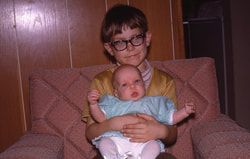


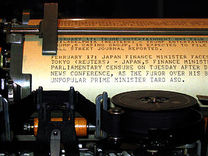
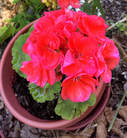
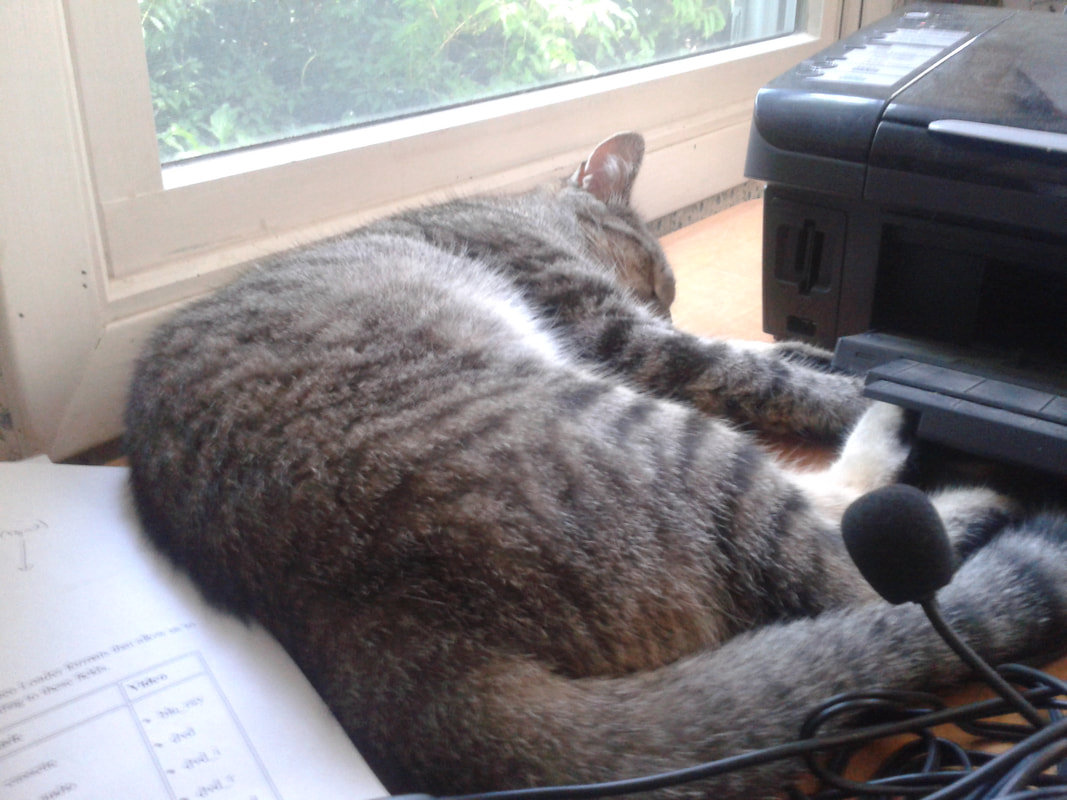

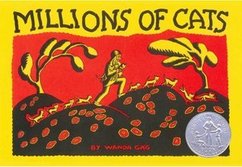
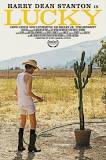
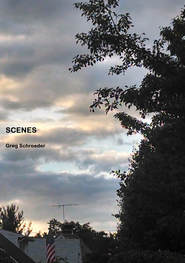
 RSS Feed
RSS Feed